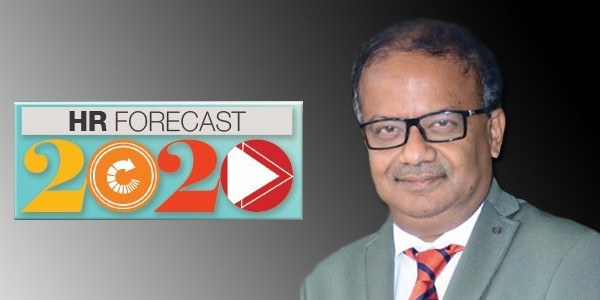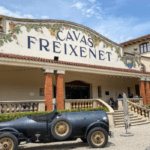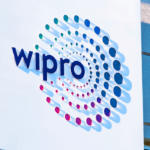Technology, data, employee experience: What’s high on agenda
While all three will be important in 2020, it is the total employee experience which will distinguish the successful organisation from the also-ran variety. In today’s world, most employees, certainly the one’s with the right skills and competencies, have a plethora of choices.
It is only the employee experience which helps gain the commitment of the employees. Today’s employees do not look at organisations on just a two-variable matrix of compensation and job security. It is a multi-variable equation, where employees evaluate the total employee experience – right from the time of interview, all the way through the entire employee lifecycle. Employee experience is not merely about creating a few fun events at work or cake-cutting ceremonies on birthdays. It is about the experience and interactions the employees enjoy with the organisation where they spend 10 to 12 hours of the entire day.
All employees today want to feel valued; wish to learn and develop in their profession on a regular basis; crave to be a part of a larger goal than their immediate KPIs; yearn for someone at work to be genuinely interested in their professional growth; look forward to connecting and collaborating with people across the organisation without hierarchical or functional boundaries; seek to balance their personal life and personal interests along with work requirements. That is what total employee experience encompasses.
The organisations which are able to provide a superior employee experience will be the ones who will successfully attract, retain and earn the commitment of employees they value. Compensation alone no longer serves as the differentiator.
The biggest challenge for HR in your sector
It will be the ability to attract and retain the right kind of talent – talent that enables the organisation to grow and surpass its organisational goals on a sustainable basis. There is always a scarcity of the right kind of talent, and compensation alone is never sufficient to lure. The battle for the customer is getting fiercer by the day and skill sets required to succeed in an increasingly VUCA world will be – collaboration skills across teams, agility, superlative customer centricity, ability to synthesise data and draw meaningful inferences from the same, and digital savviness. These skill sets are required across functions and hierarchies as they are necessary universally. The challenge will be to find, retain and keep employees possessing these skill sets in any organisation.
It will be equally challenging to inculcate and nurture a culture within the organisation, which actually promotes these behaviours and actively discourages the absence of the same. This essentially means that the organisation has to ensure that all the people-processes, right from talent acquisition to employee separation, are aligned to the same set of skills and are not working at cross purposes.
Diversity of skills & capabilities
Like every generation, the Gen Z too has been influenced by mega events, which they have witnessed during their formative years. For instance, 9/11 in the US, 26/11 in India, the collapse of Lehman Brothers and the subsequent recession in 2008, to name a few. All studies indicate that this generation is far more risk averse, as compared to Gen Y. They prefer organisations that offer greater stability and structure, and are likely to be far less comfortable with ambiguity than the immediately preceding generation. Also, they are likely to be much more collaborative than the previous generation.
However, from the HR standpoint, what is most significant is that we are going to be increasingly faced with multiple generations at the workplace, with very diverse perspectives on the same matter and very different preferences on the same parameters. While the retirement age is increasing in some manner or the other, and hence we are going to continue to have baby boomers at least for another five to seven years, pretty much as part of the same workforce. Managing this kind of diversity at work, where quite literally one may find the grandfather and the granddaughter as part of the same workforce, is going to be complex and something which most HR people have not really experienced in its totality.
Value our content... contribute towards our growth. Even a small contribution a month would be of great help for us.
Since eight years, we have been serving the industry through daily news and stories. Our content is free for all and we plan to keep it that way.
Support HRKatha. Pay Here (All it takes is a minute)




































